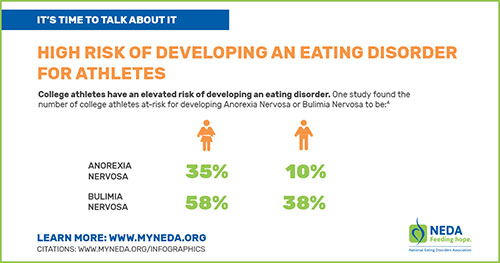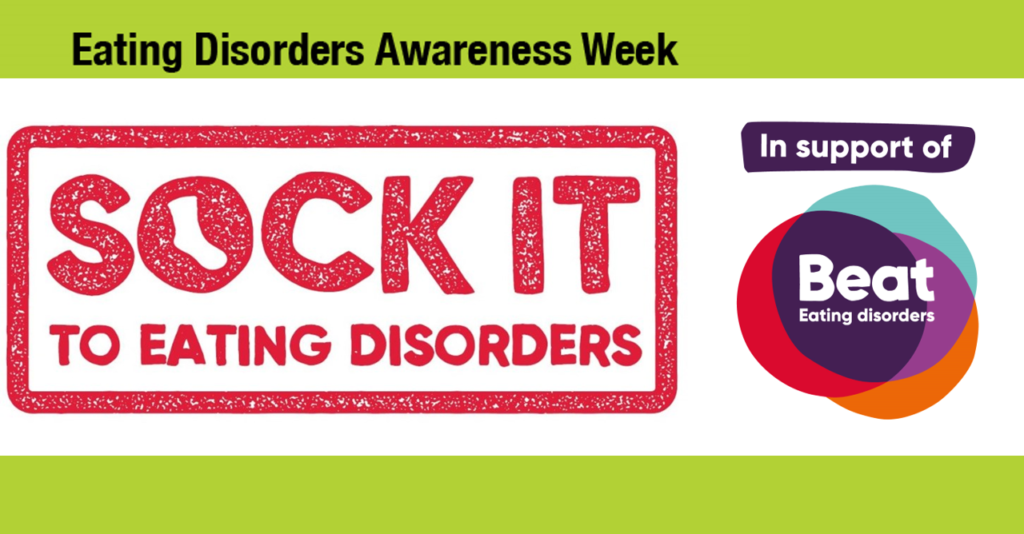
When you have been in this sport long enough, the chances are you’ve known someone with an eating disorder.
I have been involved in university sport for over a decade, and have witnessed many students (men and women) struggle with their relationship with food. Often it starts with good intentions – the desire to lose excess weight, develop muscle and run faster. But that can be the start of a slippery slope into tighter restriction of food and over training.
The result is often the same; injury and a general deterioration of physical and mental health, affecting education, relationships and quality of life.
- Do I have an eating disorder?
- Read Catriona’s story
- Find my university health service
- Advice for athletes, teammates and coaches.
But for many, sport can have a tremendous positive impact on mental health. I have written previously on how athletics helped me find a route out of depression. There is a good scientific body of evidence that suggests exercise can help alleviate some of the symptoms of depression and anxiety. Initiatives like KCL’s Outrun the Black Dog are built on this premise.

So why does running help some out of depression and others into an eating disorder? What factors predict who will respond in what way to taking part in sport?
This is what I am exploring in a new research study launching today.
All students are invited to complete the online survey, regardless of sports participation. The results of the study will help us understand the factors associated with mental health and sport. We also hope to use the results to inform better identification of student athletes most at risk of developing an eating disorder.
Please support our research and complete the online survey, then share it with your university friends.
There is also an option to register yourself for a prize draw to win an Amazon voucher.

